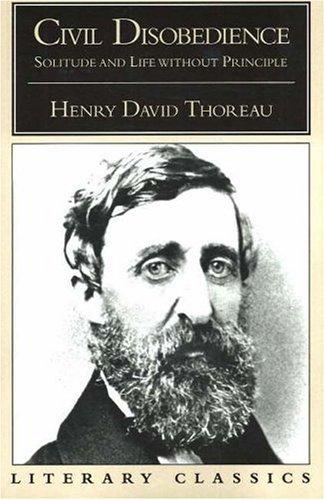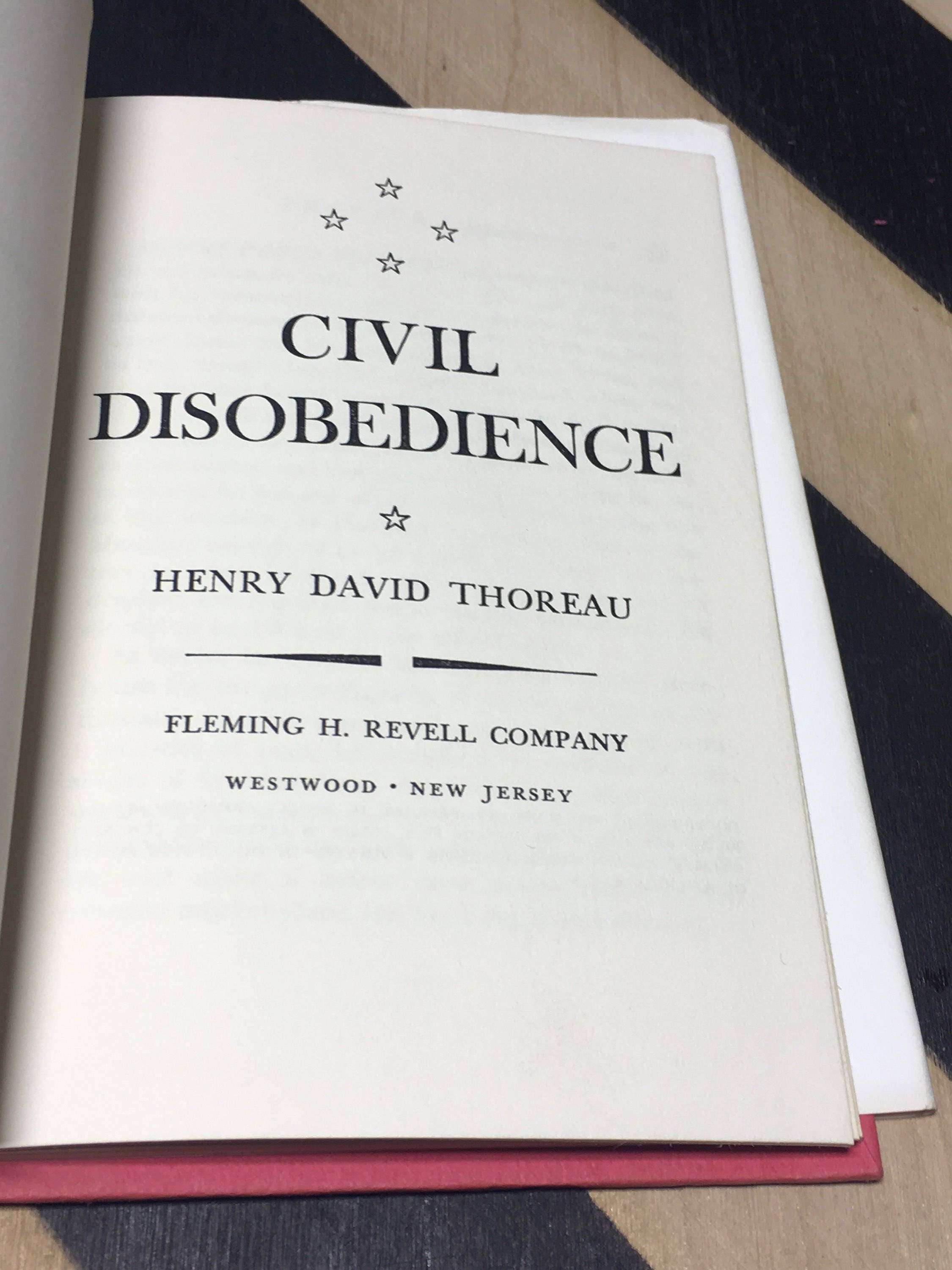
Last week, as if to celebrate the sesquicentennial of Lowell’s indictment, a new one appeared in The New Yorker under a funny title, “Pond Scum.” Its author is Kathryn Schulz, a science writer and environmental journalist-among our generation’s best. “Only Henry David Thoreau has been tried in the popular imagination and found wanting for his cleaning arrangements.” How to live in America with the intellectual freedom of a Montaigne but without Montaigne’s rank and wealth? “There is one writer in all literature whose laundry arrangements have been excoriated again and again, and it is not Virginia Woolf, who almost certainly never did her own washing, or James Baldwin, or the rest of the global pantheon,” the essayist Rebecca Solnit observed not long ago.

Begrudging compliment paid, the condemnation resumed: Thoreau played at rugged self-sufficiency while squatting on borrowed land, in a house built with a borrowed axe. True, Thoreau could turn a phrase, especially when it came to imagery and metaphor.

The world’s low esteem for him could be measured by the low sales figures of his books.

The world did not esteem him as highly as he esteemed himself. He was forever nattering on about getting away but remained close to home his entire life. He had an unhealthy mind but went about prescribing medicine to others. He was a narcissist who looked out at the world and saw his own reflection. He’d spurned humanity’s company, preferring “the society of musquashes,” and therefore didn’t know anything about the mass of men and their quiet desperation. The indictment compared Thoreau to Montaigne-unfavorably called him a sophist, a hypocrite, a humorless boor. Also: a failure, selfish, self-involved, useless, unimaginative, provincial. Thoreau was conceited, indolent, egotistical. It wasn’t just Thoreau’s writing that deserved a take-down so did the man himself, if in Thoreau’s case one could even distinguish between the two. Thoreau whose literary stock the indictment’s author judged to be grossly overvalued.

In a prominent national magazine, there appeared an indictment of the late Henry D.


 0 kommentar(er)
0 kommentar(er)
